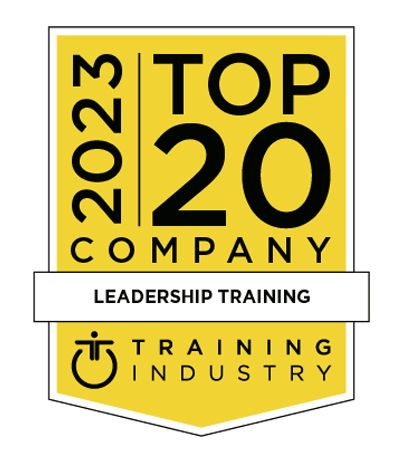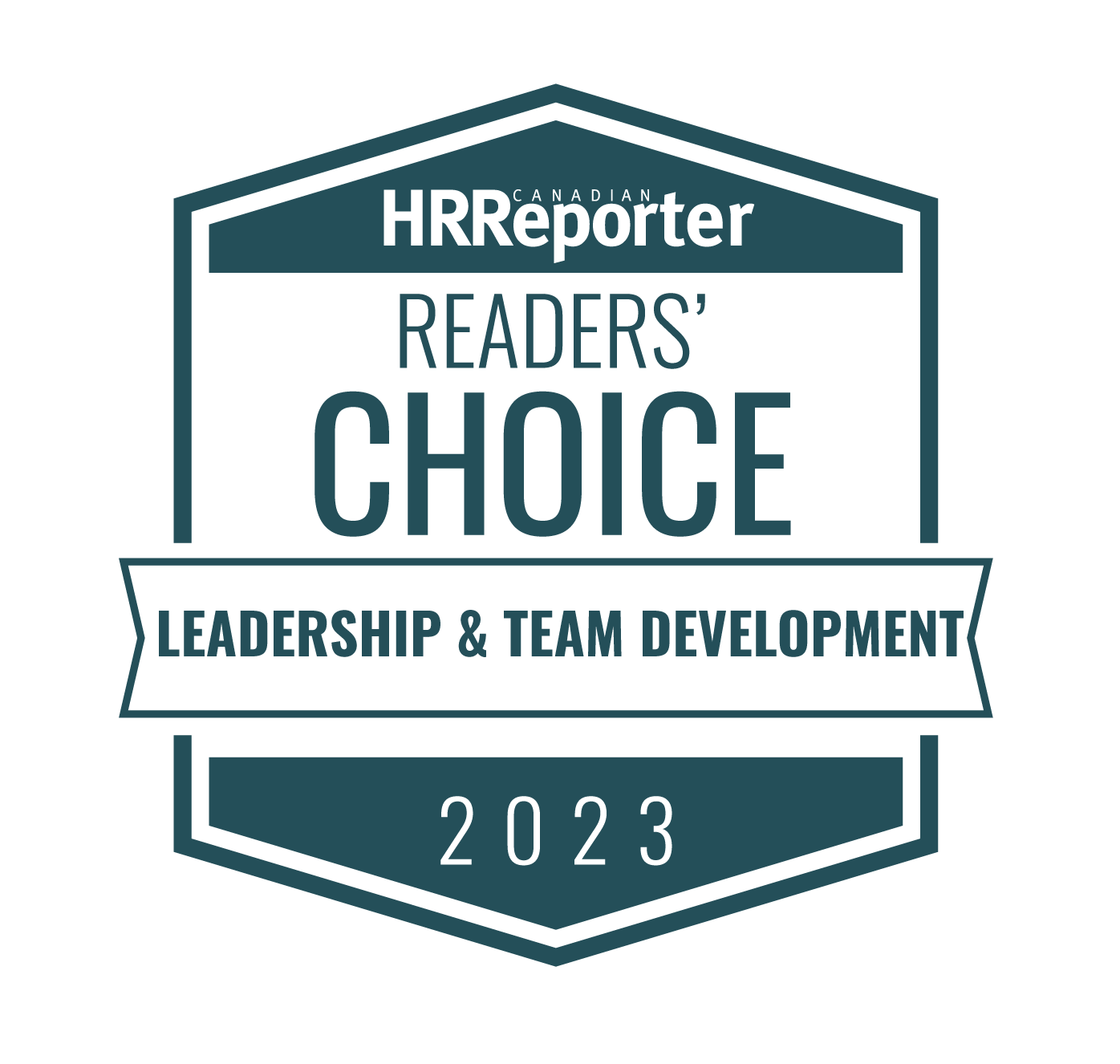The Future of Leadership: Leveraging Artificial Intelligence for Strategic Decision-Making
In today's rapidly evolving business landscape, the integration of artificial intelligence (AI) into leadership practices has become imperative for organizations seeking to maintain a competitive edge. From enhancing strategic decision-making to optimizing operational efficiency, AI is revolutionizing the way leaders approach their roles. In this comprehensive guide, we delve into the various facets of leveraging AI for strategic decision-making and explore the future of leadership in the digital age.
Introduction to Leadership with AI
As organizations strive to adapt to an increasingly digitalized world, the role of AI in leadership has garnered significant attention. By leveraging AI technologies, leaders can harness vast amounts of data to gain valuable insights, streamline processes, and drive innovation. From predictive analytics to natural language processing, AI offers a plethora of tools that empower leaders to make informed decisions and navigate complex business challenges with agility.
Trending Industry Stats:
- According to a report by Gartner, 85% of AI projects fail to deliver on their intended objectives due to a lack of clear goals and alignment with business needs.
- Research from McKinsey & Company indicates that AI-driven organizations are 33% more likely to outperform their peers in terms of revenue growth.
Insights on Top Performers:
- Amazon is a prime example of a company that has successfully integrated AI into its leadership practices. Through initiatives such as Alexa and Amazon Web Services (AWS), the tech giant leverages AI to enhance customer experiences, optimize supply chain management, and drive innovation.
- Google's parent company, Alphabet Inc., is renowned for its AI-driven approach to leadership. From personalized search algorithms to self-driving cars, Alphabet harnesses AI to fuel its diverse portfolio of products and services.
The Role of AI in Strategic Decision-Making
In the realm of strategic decision-making, AI serves as a powerful ally for leaders seeking to navigate uncertainty and capitalize on opportunities. By analyzing vast datasets in real-time, AI algorithms can identify patterns, detect trends, and predict future outcomes with unprecedented accuracy. This enables leaders to make data-driven decisions that are grounded in insights rather than intuition, thereby enhancing the likelihood of success.
Trending Industry Stats:
- A survey conducted by PwC found that 74% of executives believe that AI will be fundamental in helping their organizations gain a competitive advantage.
- According to a study by IBM, companies that effectively leverage AI for strategic decision-making experience an average revenue increase of 14%.
Insights on Top Performers:
- Netflix is renowned for its data-driven approach to content creation and distribution. By leveraging AI algorithms to analyze viewer preferences and behaviors, Netflix produces highly personalized recommendations, driving customer engagement and retention.
- Tesla, under the leadership of Elon Musk, has embraced AI to revolutionize the automotive industry. With features such as Autopilot and Full Self-Driving (FSD) capabilities, Tesla vehicles utilize AI to enhance safety, efficiency, and overall driving experience.
Implementing AI-Driven Leadership Practices
The successful implementation of AI-driven leadership practices requires a strategic approach and a commitment to organizational transformation. From fostering a culture of innovation to investing in talent development, leaders must take proactive steps to ensure that AI initiatives align with business objectives and deliver tangible value.
Trending Industry Stats:
- Deloitte reports that 91% of business leaders believe that AI is essential for remaining competitive in today's market.
- A study by MIT Sloan Management Review found that organizations that effectively integrate AI into their operations are 1.5 times more likely to experience revenue growth.
Insights on Top Performers:
- Microsoft is at the forefront of AI integration in leadership, with initiatives such as Azure AI and Microsoft Dynamics 365. By providing AI-powered solutions for businesses across various industries, Microsoft empowers leaders to drive innovation and achieve strategic objectives.
- IBM Watson, IBM's AI platform, offers a suite of tools and services designed to assist leaders in decision-making, risk management, and resource optimization. Through applications in healthcare, finance, and beyond, IBM Watson showcases the transformative potential of AI in leadership.
Overcoming Challenges and Pitfalls
While AI presents numerous opportunities for leaders, it also poses unique challenges and pitfalls that must be addressed. From ethical considerations to data privacy concerns, leaders must navigate a complex landscape of risks to maximize the benefits of AI-driven decision-making.
Trending Industry Stats:
- A survey by EY found that 56% of consumers are concerned about the ethical implications of AI, such as bias and privacy issues.
- The World Economic Forum identifies cybersecurity threats as a top concern for organizations adopting AI, with 61% of executives citing cybersecurity as a significant risk.
Insights on Top Performers:
- Facebook has faced scrutiny for its handling of user data and privacy concerns related to AI algorithms. Despite challenges, the social media giant continues to invest in AI research and development to enhance user experiences and drive innovation.
- Airbnb employs AI to optimize pricing algorithms and enhance user recommendations. By leveraging AI-driven insights, Airbnb empowers hosts to maximize their earning potential while providing guests with personalized travel experiences.
Maximizing the Impact of AI in Leadership
As organizations continue to embrace AI-driven leadership practices, the potential for transformative impact is vast. By harnessing the power of AI, leaders can unlock new opportunities, drive innovation, and navigate complex challenges with confidence. From predictive analytics to autonomous decision-making systems, the possibilities are endless for those who dare to embrace the future of leadership.
Trending Industry Stats:
- A study by Accenture found that AI adoption could lead to an economic boost of $14 trillion by 2035, driven by productivity gains and increased innovation.
- The Global AI Survey conducted by McKinsey & Company revealed that 63% of executives believe that AI has the potential to significantly impact their businesses within the next five years.
Insights on Top Performers:
- Apple Inc. utilizes AI technologies such as Siri and facial recognition in its products to enhance user experiences and drive customer satisfaction. With a focus on privacy and security, Apple demonstrates how AI can be leveraged responsibly to deliver value.
- Walmart, one of the world's largest retailers, leverages AI for inventory management, demand forecasting, and supply chain optimization. By utilizing AI-driven insights, Walmart enhances operational efficiency and delivers superior customer service.
Ethical Considerations and Responsible Leadership
As AI continues to permeate every aspect of leadership, ethical considerations become increasingly paramount. Leaders must prioritize ethical decision-making, transparency, and accountability to ensure that AI technologies are deployed responsibly and uphold societal values.
Trending Industry Stats:
- A survey by Deloitte found that 82% of executives believe that ethical risks associated with AI are a significant concern for their organizations.
- The IEEE Global Initiative for Ethical Considerations in Artificial Intelligence and Autonomous Systems highlights the importance of ethical guidelines and standards in AI development and deployment.
Insights on Top Performers:
- Google's parent company, Alphabet Inc., has established an AI Ethics Council to oversee the responsible development and deployment of AI technologies. By integrating ethical considerations into its AI initiatives, Alphabet demonstrates its commitment to responsible leadership.
- Salesforce, a leading provider of customer relationship management (CRM) software, prioritizes ethical AI practices in its products and services. Through initiatives such as the Office of Ethical and Humane Use of Technology, Salesforce ensures that AI technologies are aligned with ethical principles and values.
The Role of Leadership Development in AI Adoption
Effective leadership development plays a pivotal role in enabling organizations to harness the full potential of AI. By investing in training, education, and skill development, leaders can equip themselves with the knowledge and capabilities needed to leverage AI technologies effectively.
Trending Industry Stats:
- According to LinkedIn's 2021 Workplace Learning Report, 61% of learning and development professionals believe that leadership development is a top priority for organizations investing in employee training.
- The World Economic Forum's Future of Jobs Report highlights the growing demand for AI-related skills, with roles such as AI specialists and data scientists projected to experience significant growth.
Insights on Top Performers:
- IBM offers a range of leadership development programs focused on AI, such as the IBM Leadership Academy. Through these programs, IBM empowers leaders to drive AI adoption and innovation within their organizations.
- General Electric (GE) has implemented AI training initiatives for its leadership teams to ensure that they are equipped with the skills and knowledge needed to navigate the digital age. By investing in leadership development, GE stays ahead of the curve in AI adoption and implementation.
FAQs: Leadership with AI
Q: How can AI benefit leadership decision-making?
AI empowers leaders to make faster, more informed decisions by analyzing data, identifying patterns, and forecasting outcomes with greater accuracy.
Q: What role does AI play in driving innovation and creativity within organizations?
AI automates routine tasks, freeing up time for strategic thinking and fostering a culture of innovation and creativity.
Q: How can AI support leadership development within organizations?
AI-driven learning platforms provide personalized coaching, feedback, and training opportunities, enabling leaders to develop their skills and capabilities effectively.
Q: What are some examples of AI-powered tools that can benefit leadership?
A: Examples include data analytics platforms, decision-making tools, virtual assistants, and personalized learning systems.
Q: What challenges do organizations face when integrating AI into leadership practices?
A: Challenges may include data privacy concerns, ethical considerations, and the need for employee training and upskilling.
Q: How can organizations ensure ethical and responsible use of AI in leadership decision-making?
A: By establishing clear guidelines, promoting transparency, and fostering a culture of ethical decision-making.
Conclusion
In conclusion, the future of leadership lies at the intersection of AI and human ingenuity. By embracing AI technologies and leveraging them effectively, leaders can unlock new opportunities, drive innovation, and navigate challenges with agility and foresight. However, success in the AI-driven era requires more than just technological prowess—it demands ethical leadership, responsible decision-making, and a commitment to continuous learning and development. As organizations embark on their AI journeys, they must prioritize leadership development and invest in the skills, knowledge, and capabilities needed to thrive in the digital age. With the right mindset, tools, and strategies, leaders can harness the transformative power of AI to shape a brighter future for themselves, their organizations, and society as a whole
Interested in a free Leadership Skills Workshop with your team?
- Address instantly fixable issues that impact customer perceptions and employee morale.
- Learn and practice a habit that will raise employee performance.
- Set actions with specific and measurable steps that they'll gladly be accountable to achieve.











